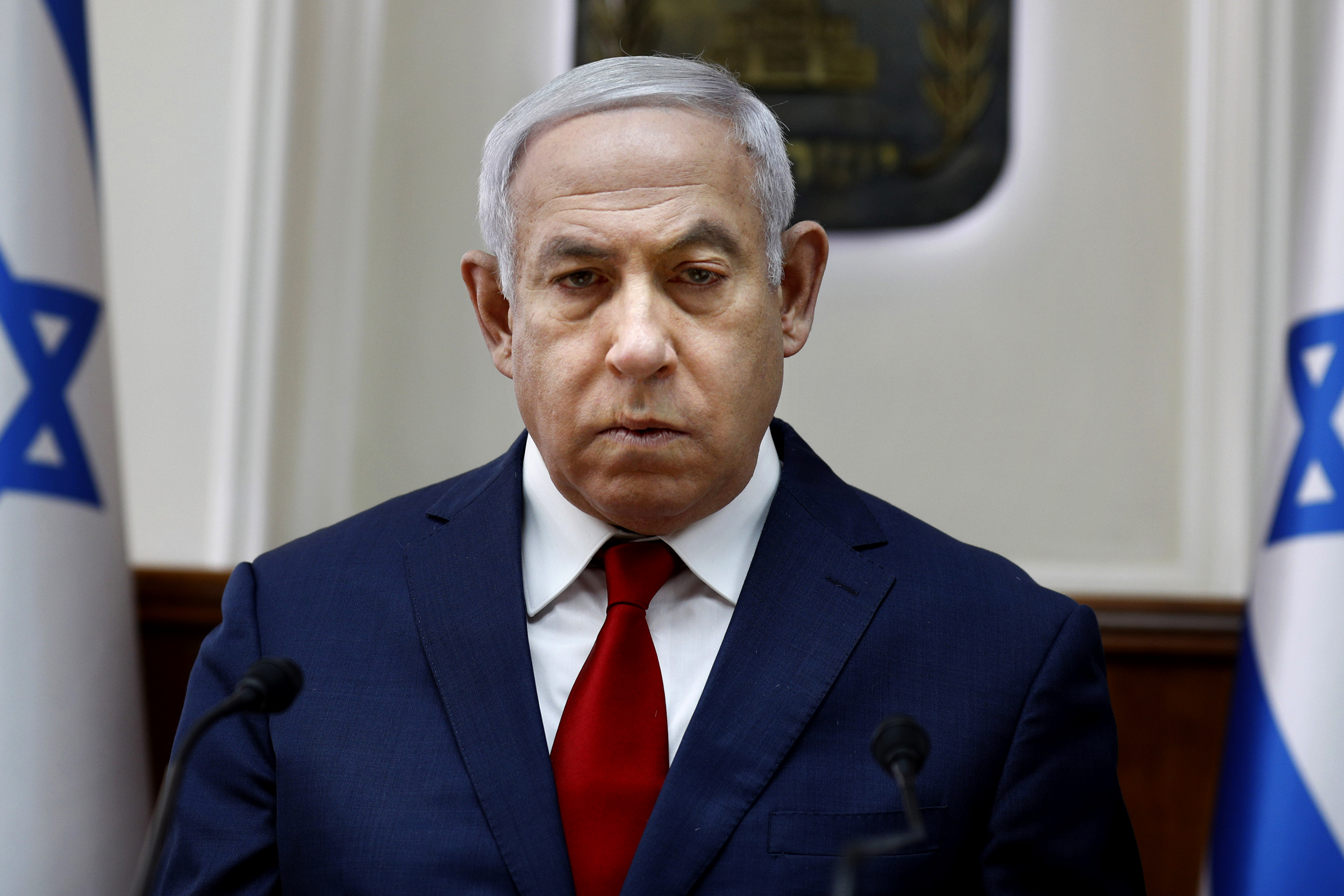Israeli Prime Minister Benjamin “Bibi” Netanyahu announced Monday night he was temporarily pausing his government’s judicial-reform efforts in the face of strikes by key industries, insubordination in some parts of the military and huge protests.
While many within the international community, as well as on the Israeli left, will attempt to portray the announcement as a triumph of democracy, it is anything but.
The reforms seek to introduce a modicum of checks and balances into Israel’s political system, where the “court” sits as a de facto unelected supreme legislative chamber that can exercise veto power over every single government action.
The assault on the proposals, apart from the telegenic protesters, was actually rooted in the state’s bureaucracy, which remains highly sympathetic to the judiciary.
For 25 years, Israel’s Supreme Court has operated entirely without democratic constraints.
Not only does the court remain unfettered by any written constitution when evaluating a law — it is guided by such nebulous principles as “human dignity” and “liberty” — it’s also seized the ability to block any government act it deems “unreasonable.”

Perhaps most confounding, judges exercise veto power over the selection of their successors, resulting in an ideologically homogenous judiciary.
To top it off, what little power the court has not assumed for itself, it has delegated to the attorney general, who can veto any government action or policy by his or her own discretion.
In the United States, presidents can and do fire their AGs. In Israel, it is closer to the opposite.
As soon as Israel’s AG Gali Baharav-Miara learned of the proposed reforms, she issued Bibi a directive ordering him to halt any involvement in or discussion of the proposals — a strategic decapitation strike on the reform movement’s leadership.
She claimed Bibi had a “conflict of interest” due to the criminal charges he faces in a case that’s dragged on for years.
Never mind the fact the presiding judge has already been selected for Bibi’s case, rendering the conflict-of-interest accusation speculative at best.
Some of the reforms would check the AG’s power.
Ironically, this interplay amounted to a genuine conflict of interest that did not give Baharav-Miara pause when rebuking Netanyahu.

What makes the situation even more peculiar is that Israel is supposed to be a parliamentary-sovereignty system — like many countries with roots in British law — in which the legislature is granted the last word.
For years, that simply has not been the case. The court has weighed in on everything from the appointment of ministers to the conditions attached to welfare transfers to the location of Israel’s West Bank separation fence.
Netanyahu’s most recent efforts to enact reforms are the culmination of nearly a decade of campaign promises.
As early as 2015, Netanyahu had proposed two of the more controversial reforms: the override clause, which would allow the Knesset (Israel’s legislature) to override a court ruling via a simple majority, and changing the composition of the Judicial Selection Committee to ensure the court doesn’t squash the Knesset’s voice.
Despite Netanyahu’s decision last week to whittle down his reform ambitions to just eliminating judges’ veto over their own colleagues on the Selection Committee, the demonstrations continued unabated. That’s telling.
The protests’ persistence suggests that for many protesters, it is not about the reforms but about “resisting” the newly elected government, even if doing so would disenfranchise millions of Israeli voters.

It also reveals the pro-reformers’ diagnosis was largely correct.
It is precisely because the court wields vast, self-judging and self-perpetuating power that ideologically sympathetic elites have been willing to foment chaos and even threaten civil war to preserve that power.
Contrast the Israeli reaction to reform discussion with the American reaction to the Supreme Court’s Dobbs decision.
The case was highly contentious, but no one blocked highways for months or closed national airports. That Israeli anti-reformers would shut down the country rather than let rotating elected governments fill judicial vacancies reveals the court is no so much a court as a Supreme Governing Council.
What is unfolding in Israel is not a Bibi problem — it is a democracy problem. And those portraying themselves as heroes of democracy may actually be hurting it.
Erielle Davidson is an attorney in New York City. Eugene Kontorovich is a professor at George Mason University’s Scalia Law School and director of its Center for the Middle East and International Law.









